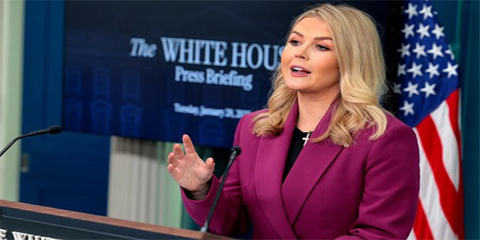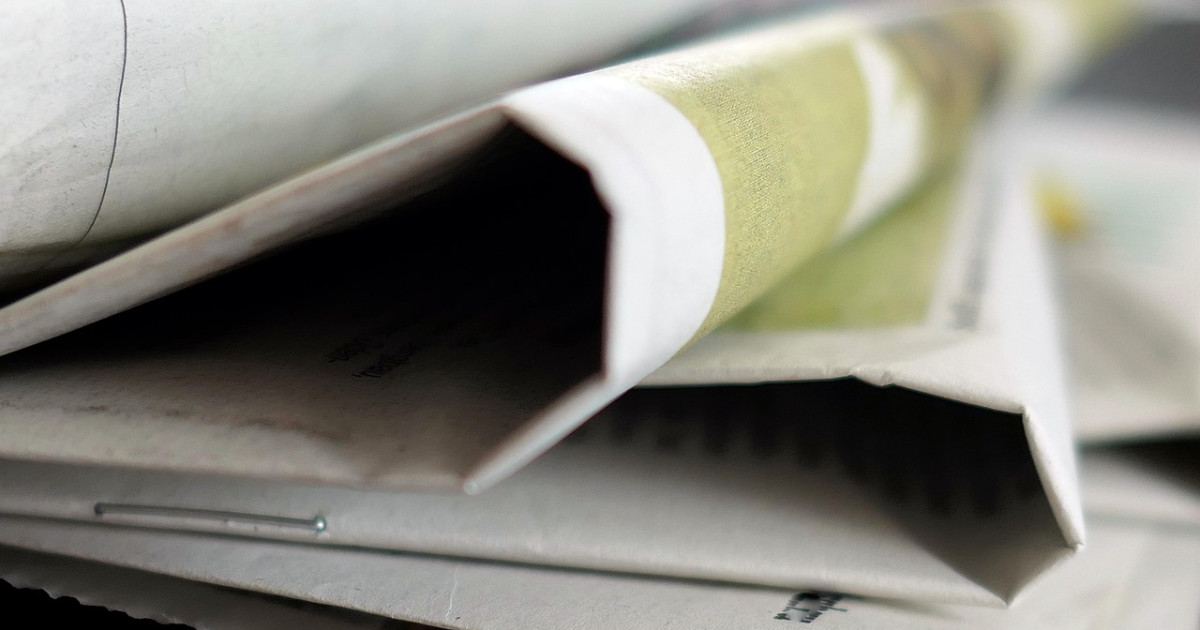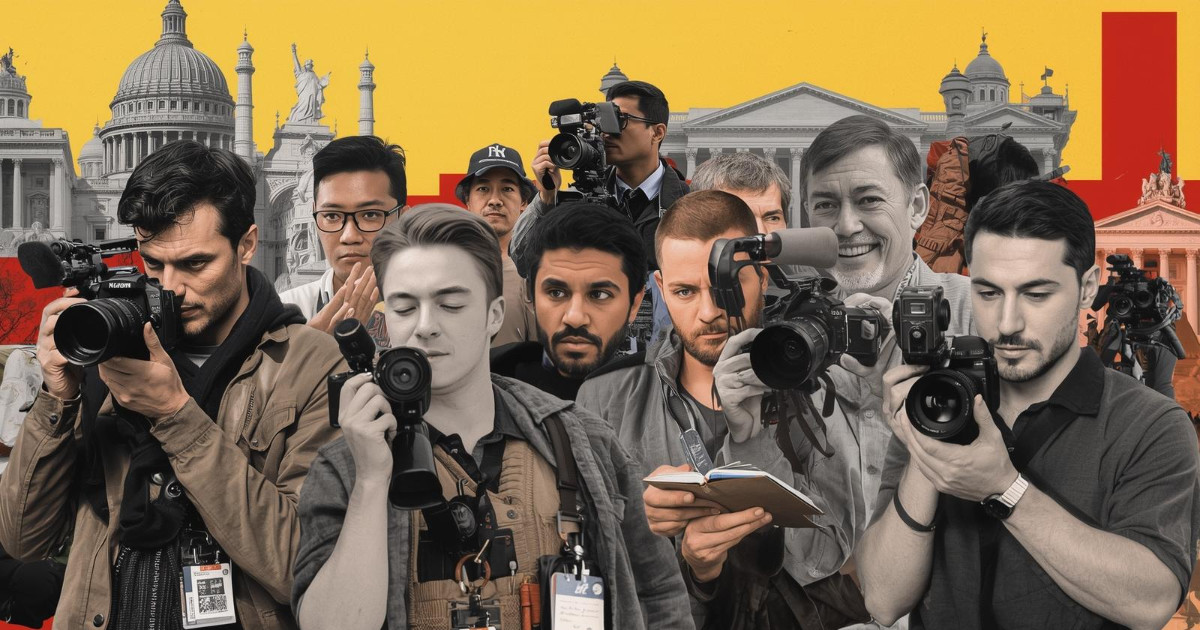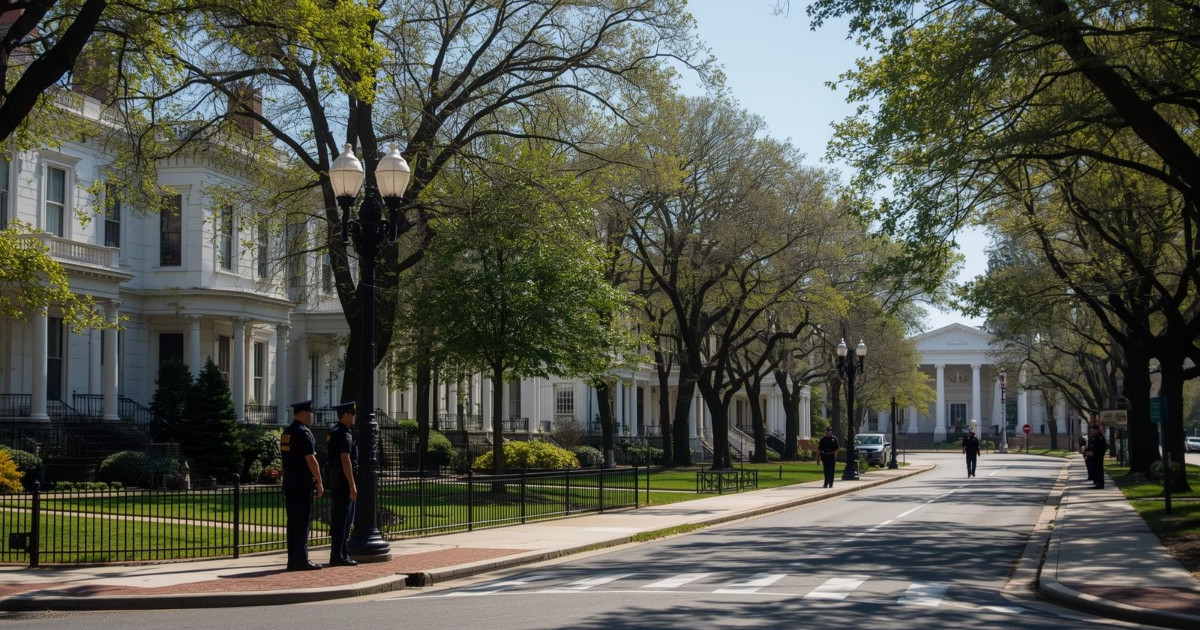Trump administration opens White House briefing room to new media
JournalismPakistan.com | Published: 29 January 2025 | Agencies
Join our WhatsApp channel
The Trump Administration has introduced a plan to allocate seats in the White House press briefing room to new media representatives. This initiative aims to adapt to the changing media landscape by including voices from podcasts, blogs, and social media.Summary
WASHINGTON—The Trump Administration has announced a groundbreaking initiative to allocate seats in the White House press briefing room to representatives from new media outlets, including podcasters, social media influencers, and independent content creators.
Press Secretary Karoline Leavitt, the youngest to ever hold the position at 27, unveiled the plan during her first official briefing, emphasizing the administration’s commitment to adapting to the evolving media landscape.
"Millions of Americans, particularly young people, no longer rely on traditional television or newspapers for news. Instead, they turn to podcasts, blogs, and social media. It is crucial for us to share President Trump's message widely and ensure new media voices have representation in this room," Leavitt stated.
As part of this shift, the White House has launched a new application process for independent journalists, podcasters, and influencers seeking press credentials. Interested individuals can apply via whitehouse.gov/newmedia, with applications reviewed by Leavitt’s team and subject to U.S. Secret Service security clearance.
In a symbolic move, a front-row seat in the press briefing room—traditionally reserved for the press secretary’s staff—will now be designated as the "New Media Seat."
Leavitt reaffirmed the administration’s commitment to the First Amendment, announcing the reinstatement of press passes for 440 journalists who were previously denied credentials.
"This White House strongly believes in the First Amendment, which is why we are restoring access to journalists while also welcoming new voices in digital media. If you are producing legitimate news content—whether you're a TikTok creator, blogger, or podcaster—we encourage you to apply for credentials," she explained.
The decision marks a significant shift in how the White House engages with the media, acknowledging the growing influence of digital platforms in shaping public discourse.
KEY POINTS:
- New media representatives can now apply for press credentials.
- A 'New Media Seat' will be designated in the briefing room.
- Press passes for 440 previously denied journalists are being reinstated.
- This initiative aims to reflect the evolving media landscape.
- Karoline Leavitt emphasizes the importance of access for digital content creators.

























